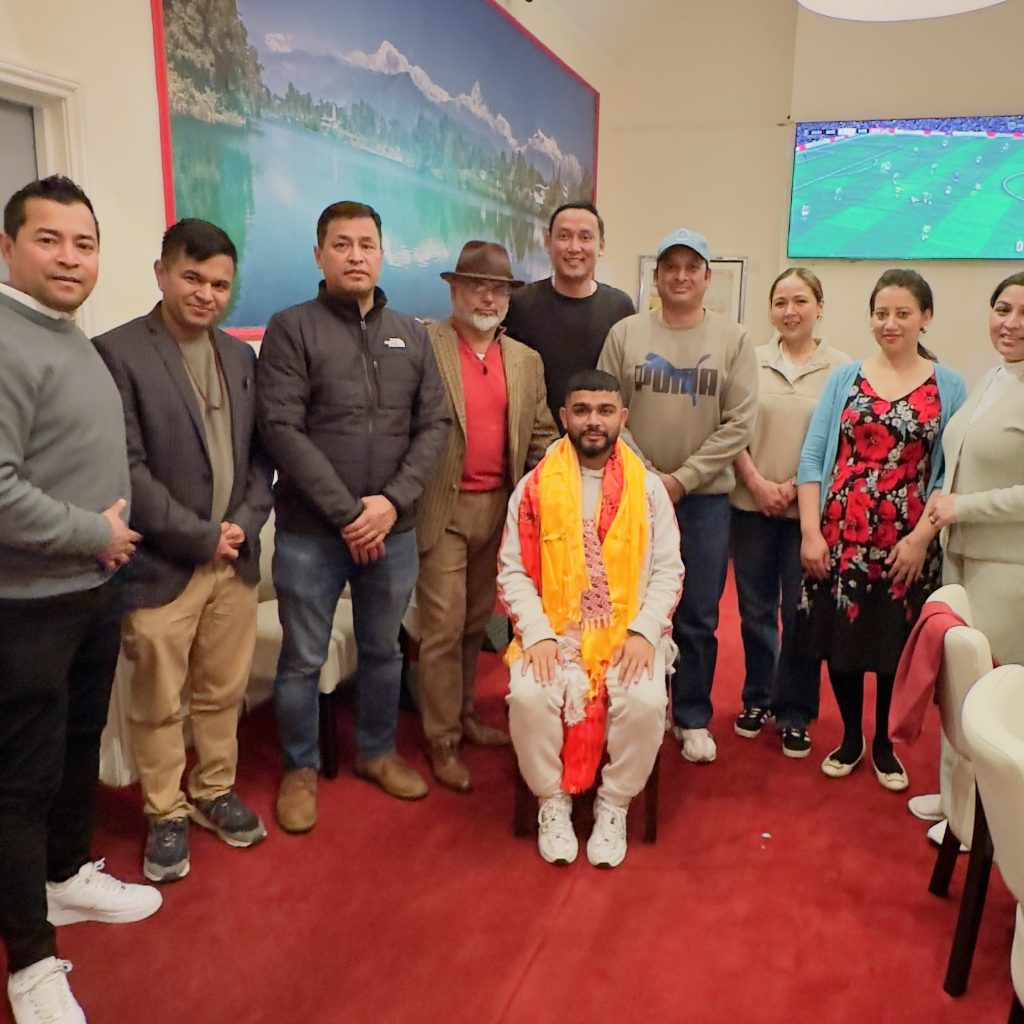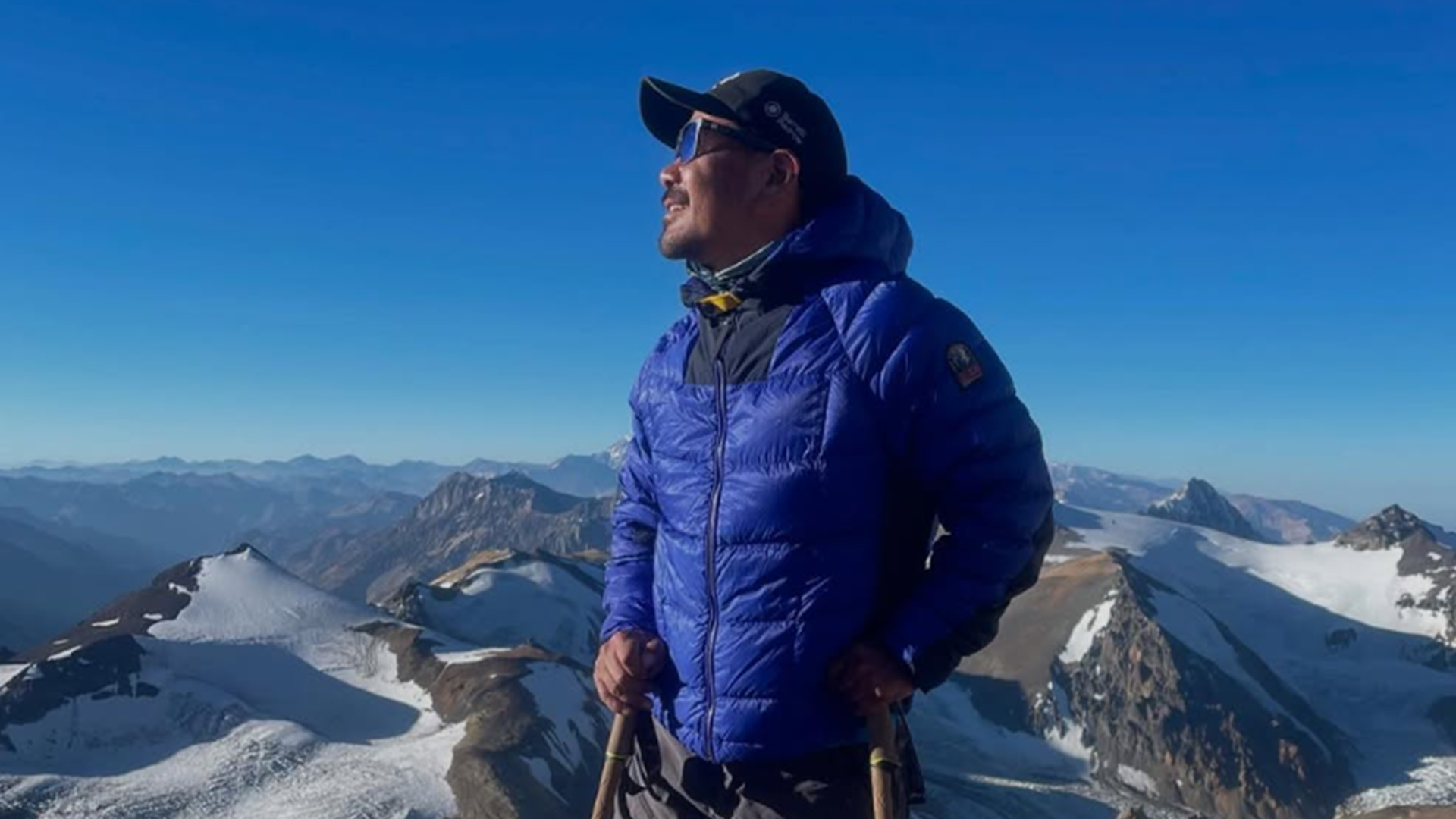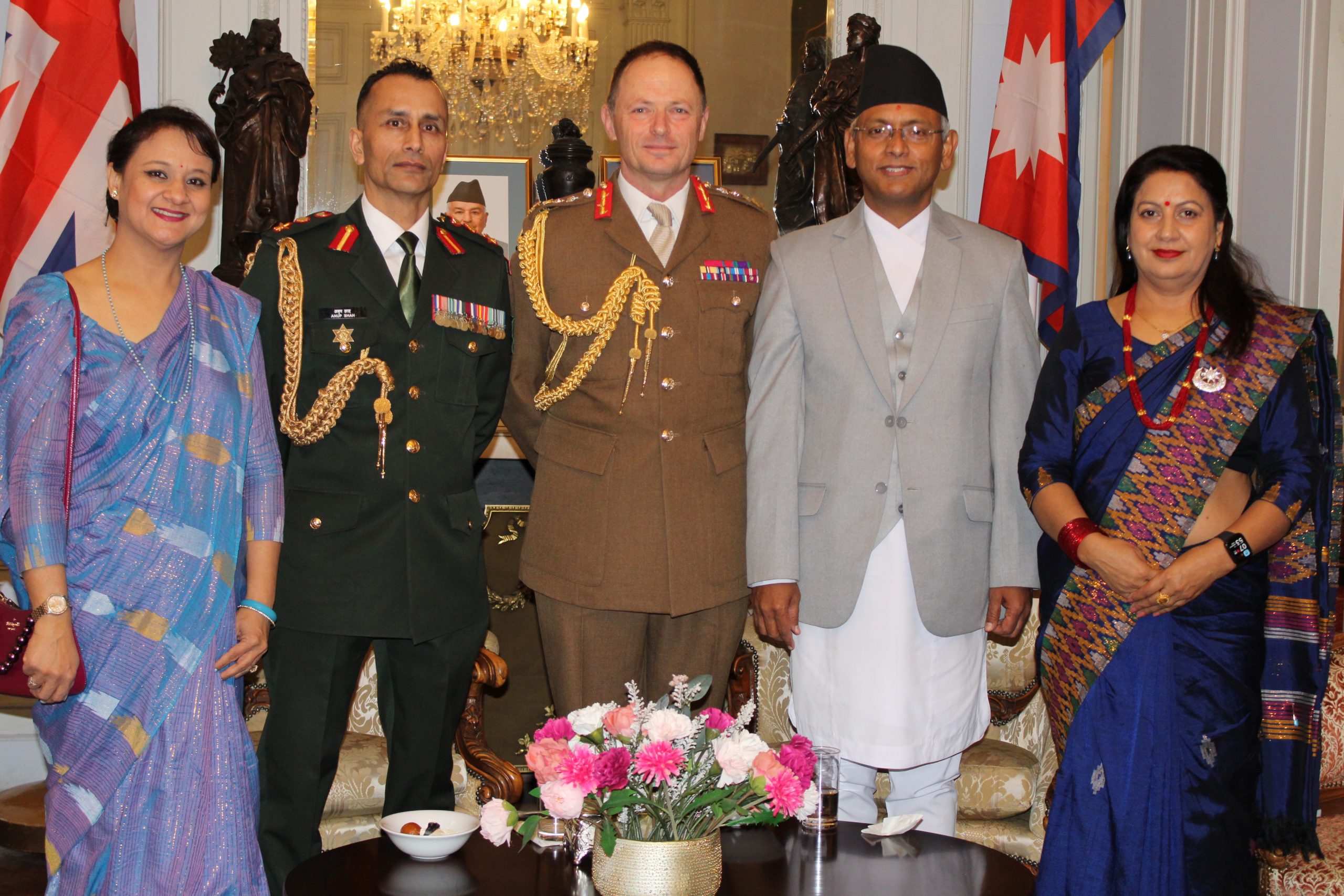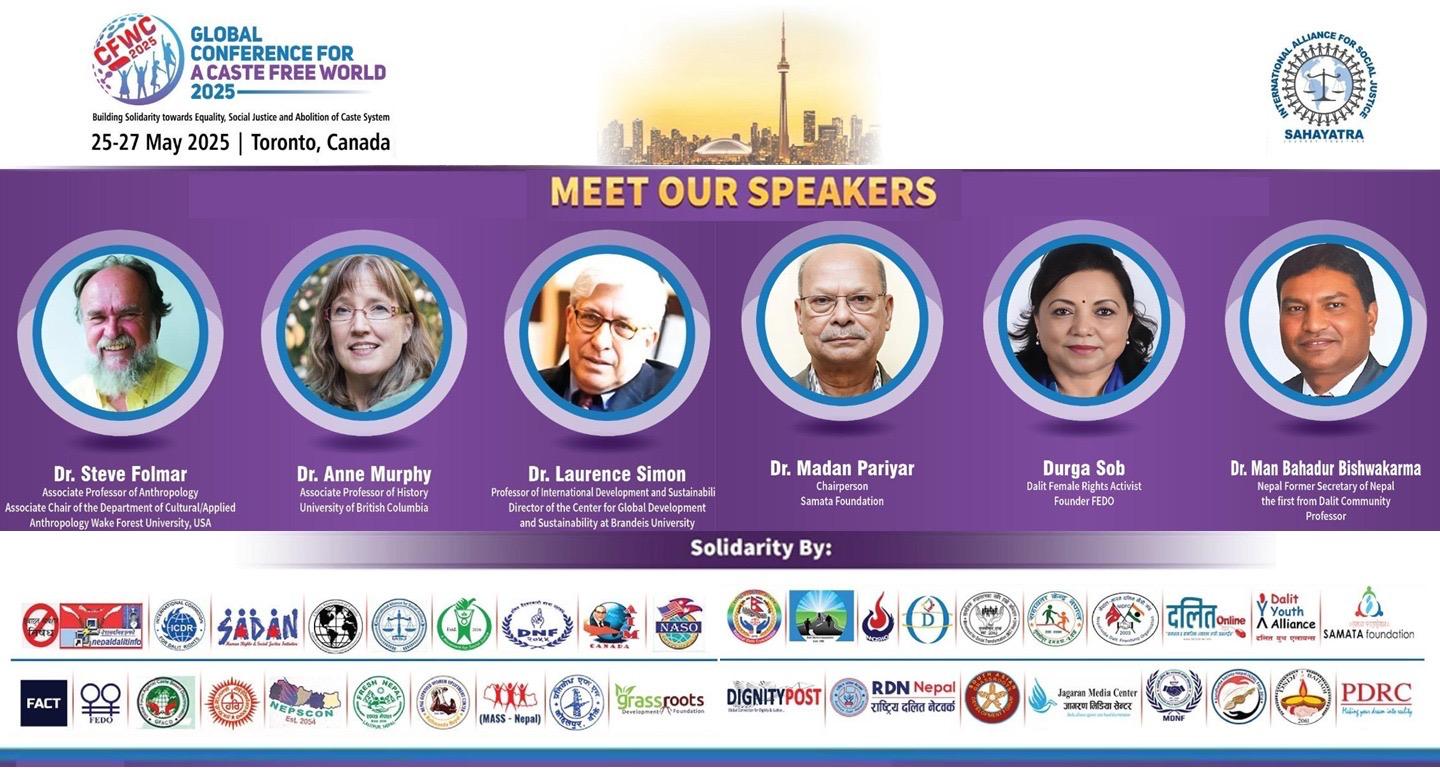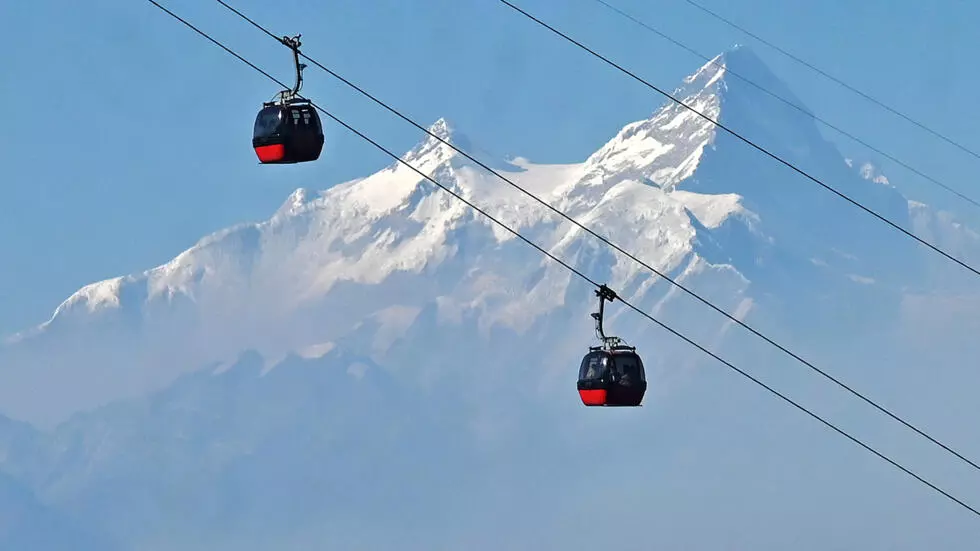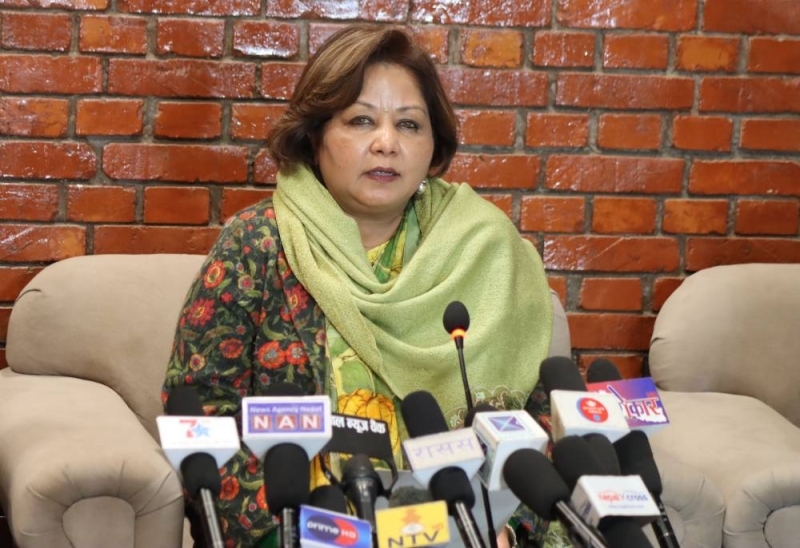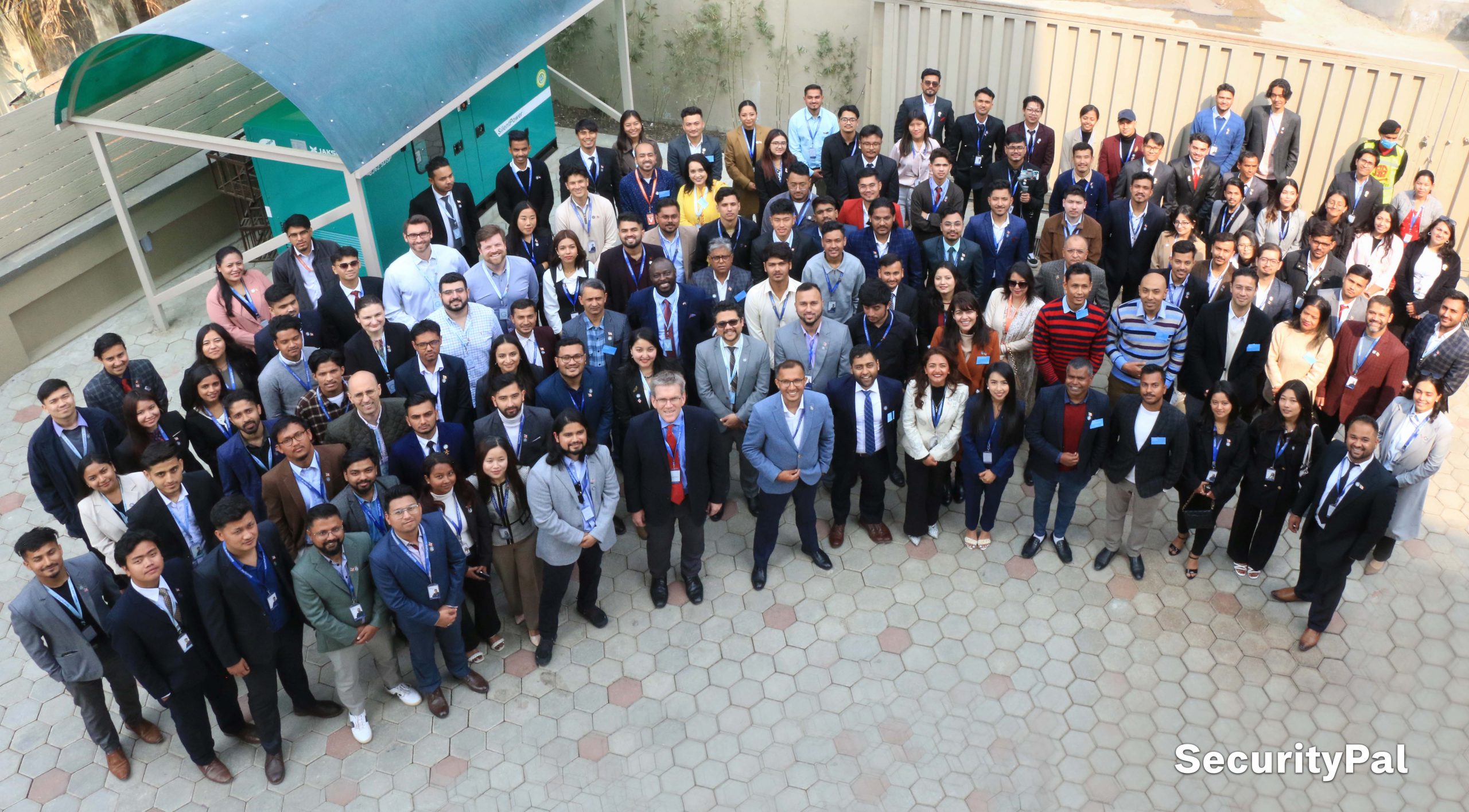MR RAMESH ADHIKARI has a distinguished career spanning over three decades, contributing to election and political process reform, policy analysis, localization, federalism, civil society, media, governance, and democracy. He has collaborated with esteemed institutions such as The Asia Foundation, Open Development, DevTech System Inc, IDI International, SWN, Mott MacDonald, WSP, British Council, USAID, Action Aid International, Danish Association for International Cooperation, and UNDP across Nepal, Sri Lanka, and Afghanistan. He holds a Master of Arts in Geography and a Bachelor of Law from Tribhuvan University, along with an M.Sc. in Regional and Rural Planning from the Asian Institute of Technology. Adhikari, who is currently working as a freelance consultant, spoke to SOUTH ASIA TIME on the likely implications of US President Donald Trump’s policies on South Asian nations. Excerpts of the interview:
How might a second Trump presidency influence US strategic interests in South Asia, particularly regarding China’s growing regional influence?
Trump’s second term has caused a lot of frustration, confusion, and undoubtedly curiosity in the Global South, especially in countries in South Asia. Trump and his team were vocal all along his campaign that they would put “America first” and an integral part of this meant reevaluating all foreign American assistance and redirecting these funds for the welfare of American citizens. We are already seeing the outcomes of this less than a month into the Trump presidency. USAID has been the cornerstone of US foreign policy, embodying the nation’s commitment to humanitarian assistance, economic development, and global stability. The Trump government has announced plans to shut down USAID completely, a move that will severely undermine American humanitarian and foreign aid initiatives on one hand and erode US’s global influence on the other hand. This will create opportunities for rival nations to strategically invest in international development as a part of their geopolitical agenda. In South Asia, given the proximity China enjoys with countries, the expansion of the Belt and Road Initiative (BRI) may be a concern for the Trump administration. To counter the Chinese influence in the region, US will be looking to strengthen its ties with India. During Trump’s first term, US and India strengthened their relationship, particularly in defense cooperation. As recent Trump and Modi meetings have shown, US is trying to further collaborations with India in defence cooperation, joint infrastructure projects, and private sector intelligence sharing.
The US will also be trying to curb Chinese influence in other nations in South Asia. Nepal, Bangladesh, Sri Lanka, Maldives, and Bhutan are all receiving some sort of technical as well as developmental aid from the Chinese government and these countries may be under greater pressure to lean more towards the US side and reduce their dependency on China. I think the relationship between the US and Pakistan would be complicated and given Pakistan’s close economic and military relationship with China, Trump could impose more restrictions on military aid and financial assistance. On the Afghanistan side, Trump might pressure Pakistan to curb extremist movements that could destabilize the region. The US may increase US engagement with India and allies, pressure Sri Lanka for port access (given China’s control of Hambantota Port), strategically engage with the Maldives to establish a US military presence to counter China’s growing maritime influence, and try to influence Nepal to keep distance from the BRI.
What changes could we expect in US-India relations under Trump, given his past emphasis on trade deals and security cooperation?
I think the US will continue its close ties with India as one of its best allies in this part of the world but we might see some renewed tensions on trade, immigration, and India’s ties with Russia. During Modi’s trip to the US in February this year, Trump announced expanded military sales to India, including F-35 jets, along with more oil and gas exports to reduce trade deficit. Both sides agreed to finalize a new defense framework and negotiate a new trade deal. The negotiations state that collaborations will focus on Trade and Economic Relations, and Security and Defence Cooperation. The new $500 bn trade goal aims to more than double the $190bn two-way trade in 2023. The negotiations for this agreement will focus on market access, tariff elimination, and supply chain integration in goods and services. As a component of the Indo-Pacific strategy (IPS), Trump will continue to support the QUAD (US, India, Japan and Australia) to counterbalance China, though Trump’s transnationalism could mean requesting India to take on larger security responsibilities. Trump’s first administration elevated defense ties through pacts like the Communications Compatibility and Security Agreement (COMCASA) and the Basic Exchange and Cooperation Agreement (BECA) to enable intelligence sharing and military interoperability. A second Trump term will likely encourage more arms sales and more military collaboration, especially to counter China’s influence in the Indo-Pacific. The important point is that China is a super economic power in this region, mainly through the Belt and Road Initiative (BRI), which is a great concern for the U.S., and Trump will work to further enhance U.S. efforts to push back China’s power by solidifying bonds with India.
How might Trump’s policies on immigration and H-1B visas affect South Asian countries, particularly India, Nepal, and Bangladesh?
Most H-1B visa recipients in the US are from India, and Indians account for over 70% of the total H-1B population, while a much smaller proportion are from Nepal. Most India H-1B visa recipients are IT workers while Nepalis and Bangladeshis are slightly more spread out across the science, technology, engineering, and mathematics sectors as well as health care. Trump’s executive order on immigration was akin to opening a firehose of terrible policies, drowning to the bone anyone still holding any spark of hope that Trump’s second term would not be worse than his first. Thousands of people from the aforementioned countries are awaiting work permits and green cards and it is looking like the process will lengthen and vetting procedures will be strengthened. Some of the country cap concerns for specific visa types will impact India more than Nepal. Students who are awaiting H-1 B sponsorship to work in the USA may seek alternative options in Australia, Canada, or the UK. When it comes to low-skilled workers, Trump’s “Buy American, Hire American” agenda will likely have lasting impacts. If the Trump administration eliminates the Diversity Visa (DV) program, those seeking migration opportunities in Nepal and Bangladesh will be affected. Lastly, a large number of South Asians are waiting to get US approval on family-sponsored green cards which may be impacted due to tougher immigration policies.
Could Trump’s “America First” approach impact US foreign aid and development assistance to South Asian countries?
Trump’s “America First” policy has already impacted foreign aid and development assistance to South Asian countries, especially channeled through the USAID because the new US government aims to cut USAID, one of the long-standing institutions established in 1961. While the President has issued executive orders regarding foreign aid, it’s unlikely that such aid will cease entirely. There have been numerous legal challenges filed against this executive order, and the American courts can make judgments against the directive. Even if part of the aid is diverted, the overall amount is unlikely to be reduced significantly. One of Trump’s executive orders on “Reevaluating and Realigning United States Foreign Aid” calls for a 90-day halt on new foreign assistance commitments and spending subject to re-evaluation of all foreign aid initiatives. This has led to the termination of six programs in Nepal by mid-February, with many other programs expected to shut down in the coming days. USAID is the most significant donor in Nepal, Bangladesh, and Sri Lanka in terms of democracy, governance, health, education, agriculture and food security, water and sanitation, energy, environment, and humanitarian assistance while India receives minimal US aid in relation to the economy but could see reduced support in the fields of health, energy, and technology. Both Afghanistan and Pakistan also receive significant funding from the USAID. Therefore, Trump’s America First approach will impact aid and development assistance to SA Countries, but not so much in India, which is the region’s largest economy.
On US foreign aid distributed through programs like the MCC, or through the State Department, Department of Justice, Department of Agriculture, and Trade and Development Agencies, I think US financing will continue but channeled through different approaches as US geopolitical interests are still important to the Trump administration.
How might Trump’s trade and labor policies impact Bangladesh’s garment industry, given its heavy reliance on exports to the US?
The USA is Bangladesh’s largest export destination for ready-made garments (RMG) – in 2023 alone, Bangladesh exported almost $8.27 billion worth of RMG to the US. Trump has already announced his intent to introduce the Reciprocal Tariff Policy, which could raise tariffs or apply stricter labor compliance regulations on Bangladesh RMG industries. It is too early to say, but US companies could shift sourcing elsewhere to countries like Mexico and other SA countries if Bangladesh faced firmer regulations. Similar to that of other SA countries, If Bangladesh aligns more with the US geopolitical approaches, as designated by IPS, then it might be able to negotiate trade benefits despite Trump’s protectionist strategy overall.
Given Trump’s skepticism towards multilateral agreements, how might his return to power affect South Asia’s role in global institutions like the UN, WTO, and climate change negotiations?
Let’s talk about the WTO. Although Trump has announced that countries that impose tariffs on US products will be taxed at the same level, as per WTO rules, developing countries benefit from differential rates. Trump’s executive order, however, also targets the EU’s value-added tax. All these moves suggest that America is declaring a trade war on the world. After imposing new tariffs of 10% on Chinese products, and then 25% on steel and aluminium, Trump escalated it further, announcing on February 13 the slapping of “reciprocal tariffs” on all imported goods. This policy will have a direct impact on SA nations.
Trump withdrew from the Paris Agreement on climate change as he had done during his first term, and it could mean reduced US climate financing for vulnerable South Asian nations such as Nepal, Bangladesh, and the Maldives. Budget cuts to international agencies like UNICEF, UNFPA, UNHCR the WHO, and international climate programs during the Trump administration can potentially have long-term effects on SA countries that are relying on these agencies for funding and technical assistance. For example, UNICEF has been contributing notably to the health and education of Nepalese, Indian, and Bangladeshi children whereas WHO working to combat infectious diseases and slow down responses to future pandemics in this part of the world.
How might Trump’s approach to trade and tariffs impact Nepal’s exports to the US, especially in sectors like garments and handicrafts?
The total trade between Nepal and U.S. amounted to $241.4 million, in 2024. US exports (vaccines, antisera, toxins and cultures, soybeans, and coal briquettes) amounted to $120.5 million whereas Nepali exports (carpets, pashmina, handicrafts, animal food, and felt goods) were $120.9 million. However, the trade balance between these countries has been fluctuating. Data shows Nepal’s exports to the U.S. have accelerated at an average annual rate of 7.85% for the past 5 years whereas U.S. exports to Nepal with an average annual growth of 34.3% in the same interval. Nepal-US trade is dynamic and evolving, as both countries try to expand their trade and investment opportunities. However, the Reciprocal Tariff Policy which could impose higher tariffs for Nepali exports or higher labor compliance measures in Nepal would directly affect Nepal, making Nepali goods less competitive in the US markets. As Nepal has a relatively small volume of exports, its bargaining power for a fair trade deal is also limited, unless tied to US strategic interests. But the slender hope is that if America puts tariffs on Chinese products, Nepal may benefit somewhat, but there’s a long way to go.
Given Trump’s transactional foreign policy style, what are the chances of Nepal securing stronger US engagement in areas like economic investment, MCC implementation, and geopolitical balancing?
In South Asia, Nepal is the only country that is receiving MCC funds aimed at improving Nepal’s transport, energy, and economic sector. We have to remember that the MCC was signed during Trump’s first term in 2017, as such, Trump is on board with the overall strategy and goals of the project. It is obvious that the MCC is the US’s move to counter Chinese influence, specially through the BRI, and President Trump could reinforce US’s commitment to MCC projects in Nepal. Elon Musk, Trump’s close ally and head of the newly created DOGE, has been vocal in favouring bilateral, private-sector-led investments over foreign aid. As such, if Nepal were to offer investment-friendly policies, this would enable US businesses to invest in hydropower, tourism, and infrastructure. One key aspect of Nepal’s foreign policy is that it has always pursued a non-aligned policy and tried to maintain an even equidistance from the US, China, and India. However, the new US president may try to coax Nepal out of China’s Belt and Road Initiative, which would present diplomatic challenges given that Nepal has economic ties with China as well as with India.
Nepal joining the US Indo-Pacific framework may provide economic and security cooperation from the US but this support will most likely come with strings. The US approached Nepal for their support and participation in every activity of the IPS as well as the State Partnership Program (SPP); however, Nepal’s government decided against joining the IPS and SPP in 2021. Nepal could be under pressure to get engaged into IPS and SPP, and could benefit from this US engagement through strategic alignment while realizing the necessity of balancing in between the US, China, and India in order to avoid unwanted political pressures. A second Trump administration will likely adopt a more aggressive strategy towards Chinese involvement in SA, which would exert pressure on Nepal to restrict Chinese economic engagements and increase the U.S. presence which would be difficult to counterbalance.









